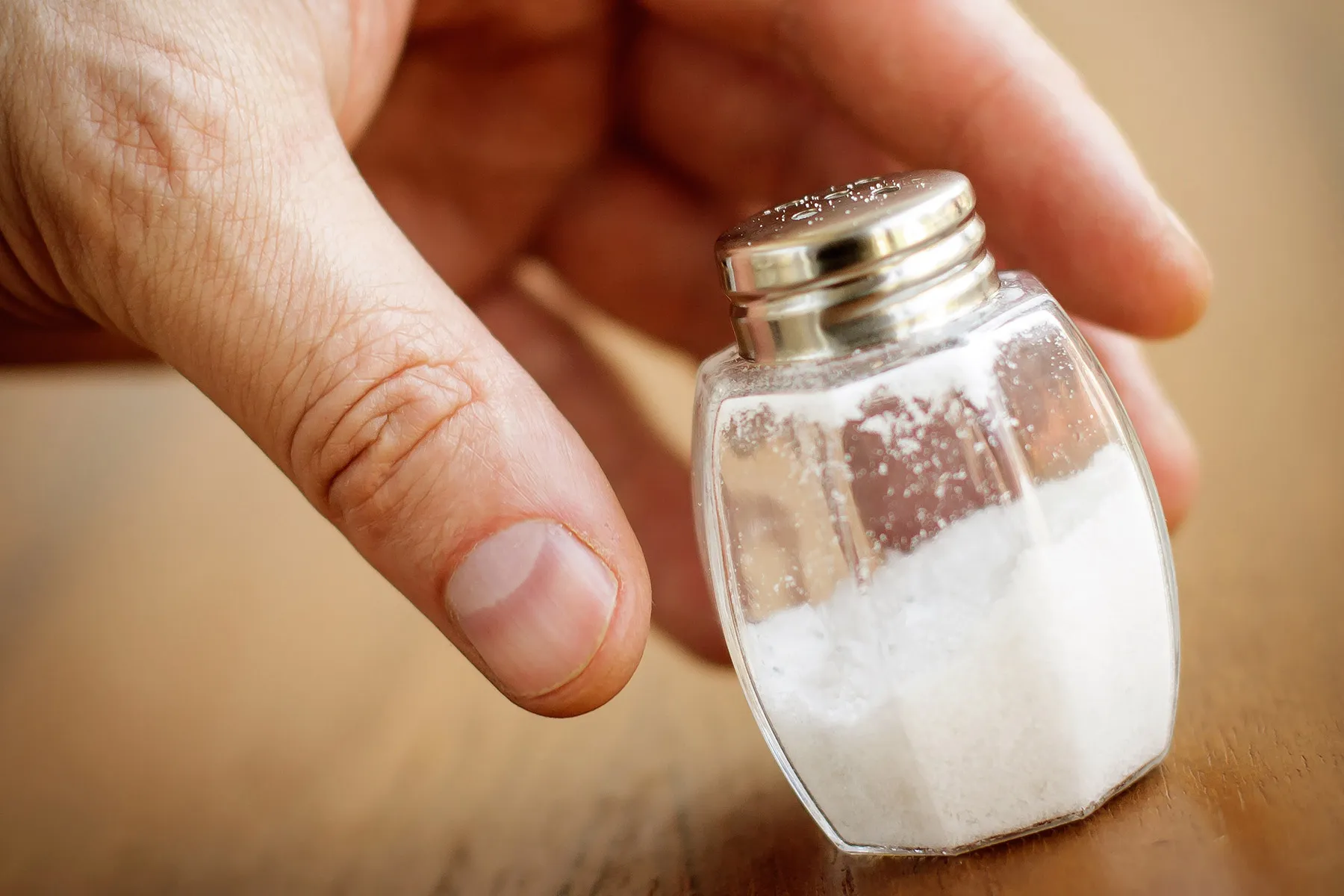HealthDay Reporter
TUESDAY, April 5, 2022 (HealthDay News) — If you have heart failure have been told for years to that they might get from reducing salt in the diet. A low-salt diet may actually improve their overall quality of life. The real take-home is that a low-sodium diet remains an important part for most patients.”>
The report was published online April 2 in The Lancetjournaland was presented at the American College of Cardiology annual meeting in Washington, D.C.
Dr. Gregg Fonarow, interim chief of the division of cardiology at University of California, Los Angeles, said for decades patients with heart failure have been advised to restrict their salt intake.
“This longstanding, widely accepted recommendation was based on a physiologic rationale, clinical observation and expert opinion rather than having been demonstrated in prospective, randomized clinical trials,” he noted.
While more recent guidelines for heart failure have acknowledged the uncertainty about the benefits of reducing salt, many patients have still been told to reduce their salt to very low levels, Fonarow said.
“The evidence from this very important randomized clinical trial suggests that dietary sodium restriction to a target of less than 1,500 mg per day in patients with heart failure did not reduce mortality, cardiovascular-related hospitalization or cardiovascular-related emergency room visits,” he said.
For patients with heart failure, it remains unclear whether any level of salt restriction offers clinical benefits, Fonarow said.
“Yet it is important to keep in mind the usual care comparison group was consuming a little over 2,000 mg of sodium daily, which is still lower than the 3,400 mg of sodium that is the average amount consumed in the U.S. by the general population,” he said.
Patients with heart failure should discuss with their doctor how these new findings might apply to them, Fonarow said.
The key to living with heart failure is to follow the proven treatment advice, he said.
“Importantly, use and adherence to disease-modifying guidelines and medical therapy have been shown to be the best and safest way to improve clinical outcomes for patients with heart failure,” Fonarow said.
More information
For more on salt and heart health, head to the American Heart Association.
SOURCES: Justin Ezekowitz, MBBCh, professor, division of cardiology, University of Alberta, Edmonton, Canada; Gregg Fonarow, MD, interim chief, UCLA Division of Cardiology, Los Angeles; The Lancet, April 2, 2022, online
